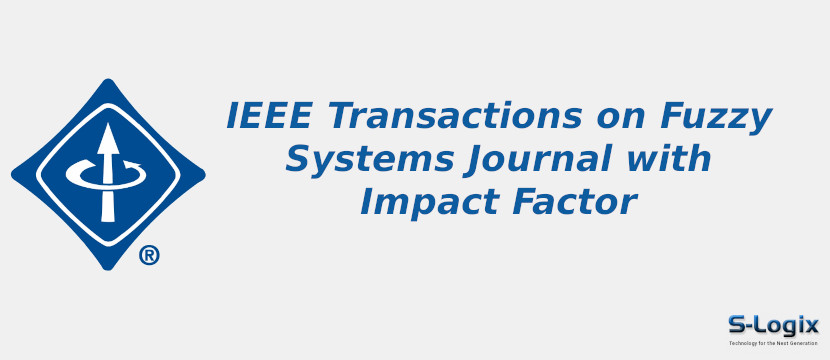Journal Home: Journal Homepage
Editor-in-Chief: Dongrui Wu
Print ISSN: 1063-6706
Electronic ISSN: 1941-0034
Abstracting and Indexing: Science Citation Index Expanded, Scopus.
Imapct Factor 2024: 11.9
Subject Area and Category: Computer Sciences, Industrial Engineering, Mathematics
Publication Frequency: Bimonthly
H Index: 228
Q1: Applied Mathematics
Q2:
Q3:
Q4:
Cite Score: 20.5
SNIP: 2.795
Journal Rank(SJR): 3.614
Latest Articles: Latest Articles in IEEE Transactions on Fuzzy Systems
Guidelines for Authors: IEEE Transactions on Fuzzy Systems Author Guidelines
Paper Submissions: Paper Submissions in IEEE Transactions on Fuzzy Systems
Publisher: Institute of Electrical and Electronics Engineers
Country: USA
